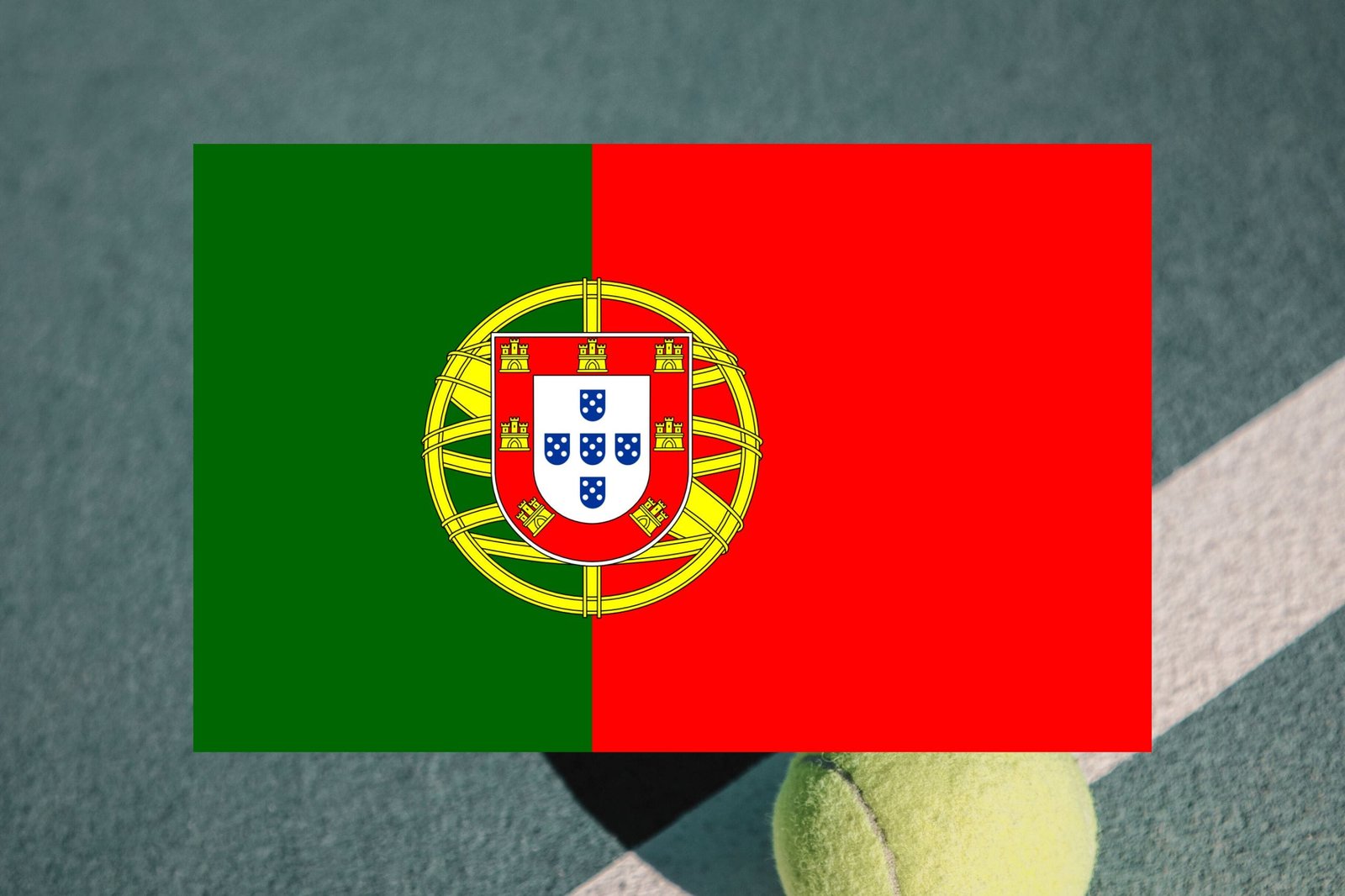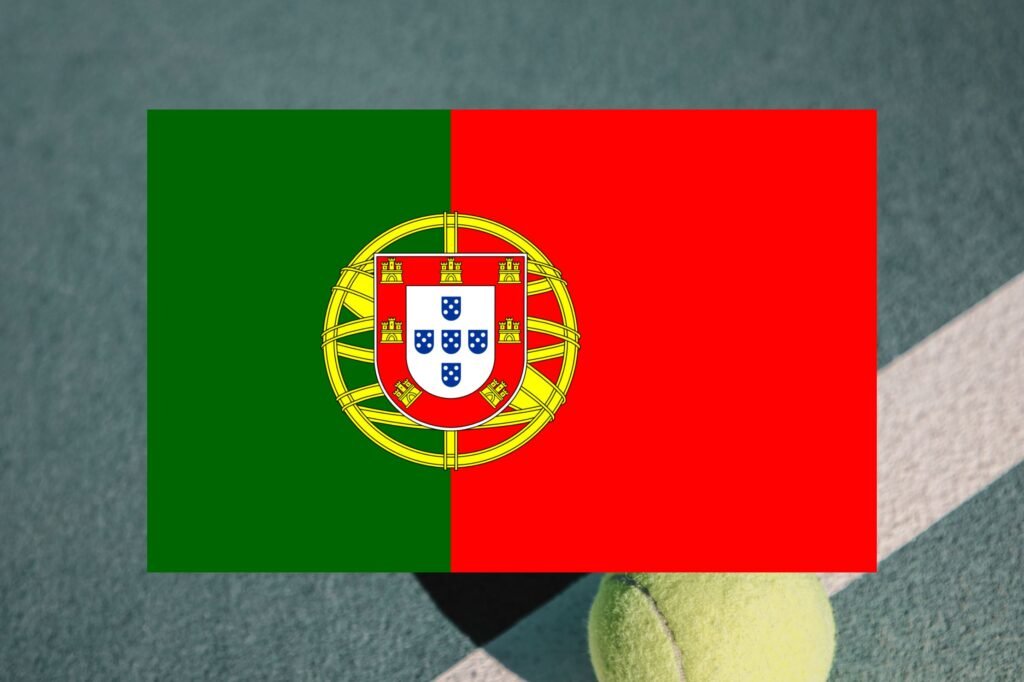
In recent years, padel in Portugal has grown from a trendy pastime into one of the country’s fastest-rising sports. With its Mediterranean climate, love of outdoor activities, and strong sporting tradition, Portugal has proven to be fertile ground for the growth of this highly social and fast-paced racket sport.
The rise of padel in Portugal can be traced back to the early 2010s, when the first courts began appearing in Lisbon and the Algarve. Initially popular among tennis players and sports enthusiasts returning from Spain, where padel was already booming, the sport caught on quickly. Today, there are hundreds of courts across the country, with more being built each year in urban centers and smaller towns alike.
One of the main reasons for the success of padel in Portugal is its accessibility. Played in doubles on an enclosed court, padel offers longer rallies and a more forgiving learning curve compared to traditional tennis. This makes it appealing to players of all ages and fitness levels. Whether you’re a seasoned athlete or a total beginner, you can pick up a racket and enjoy the game within minutes.
Another driving factor behind the popularity of padel in Portugal is the country’s ideal weather. With mild winters and sunny summers, many clubs are able to offer outdoor padel year-round. From the coastal courts of Cascais to the sunny hills of the Alentejo, the natural conditions make Portugal a perfect setting for padel to thrive. This outdoor-friendly environment encourages both casual and competitive play and fosters a vibrant community around the sport.
Community is central to padel in Portugal. The doubles format and smaller courts create a social atmosphere that goes beyond the game itself. It’s not just about competition, it’s about connection. Families, colleagues, and friends are coming together to play, socialize, and stay active. Many clubs offer events, leagues, and casual mix-ins that welcome players of all skill levels.
As interest has surged, the infrastructure for padel in Portugal has expanded rapidly. New clubs are opening in every region, from Porto to Faro. Facilities often include multiple courts, lounge areas, fitness rooms, and restaurants. Some are even integrated into luxury resorts, making padel a key feature of Portugal’s booming sports tourism industry. For visitors, the combination of scenic views, good weather, and quality courts is an irresistible draw.
The competitive scene for padel in Portugal is also maturing. The Federação Portuguesa de Padel (FPP) has developed a robust national circuit, organizing tournaments for amateur and professional players alike. Portuguese athletes are now making appearances on the international stage, competing in events organized by the International Padel Federation and the World Padel Tour. As the level of play rises, so does national pride in this emerging sport.
Digital platforms have played a crucial role in boosting padel in Portugal. Booking systems, ranking apps, and social media have made the sport more accessible and visible. Influencers and athletes regularly share match highlights, tutorials, and training content online, encouraging a new generation of players to join in. Online communities and local clubs have also helped players find partners, schedule games, and participate in events.
While the growth of padel in Portugal is exciting, it’s not without challenges. Some urban areas are facing issues with court availability and noise complaints, especially as residential neighborhoods try to adapt to the increasing number of players. Additionally, there is ongoing concern about keeping the sport affordable and inclusive, particularly as private clubs dominate much of the market. Public initiatives are beginning to address this, with local councils supporting the construction of municipal courts and schools including padel in their physical education programs.
Sustainability is another focus area. As indoor courts become more common, especially in colder or densely populated areas, clubs are investing in energy-efficient lighting, recycled materials, and renewable energy sources to reduce environmental impact. With Portugal’s strong commitment to green development, this alignment is crucial to ensure that padel’s growth remains responsible.
Looking ahead, the future of padel in Portugal is full of promise. The combination of sport, tourism, and community engagement has created a unique momentum. With increasing government support, rising international performance, and a deeply enthusiastic player base, padel in Portugal is well-positioned to become a permanent fixture in the country’s athletic culture.
In conclusion, padel in Portugal is more than just a trend, it’s a movement. It’s reshaping how people connect, compete, and stay healthy. Whether you’re playing a casual match at the beach or competing in a national tournament, padel in Portugal offers something for everyone. As courts continue to multiply and the community expands, there’s little doubt that the future of this sport will be as bright and energetic as the country itself.


